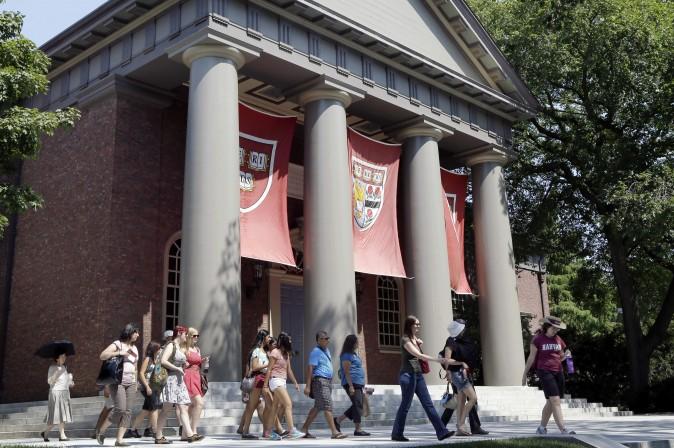Elite Ivy League institutions, including Stanford and Northwestern, have reportedly garnered $45 billion in federal payments, tax breaks, and subsidies over the past five years, according to the recent audit by Open the Books.
The findings shed light on the financial contributions from U.S. taxpayers to some of the nation’s most prestigious academic institutions, as auditors at the group found that between 2018 and 2022, 10 elite universities received roughly $33 billion in federal contracts and grants.





